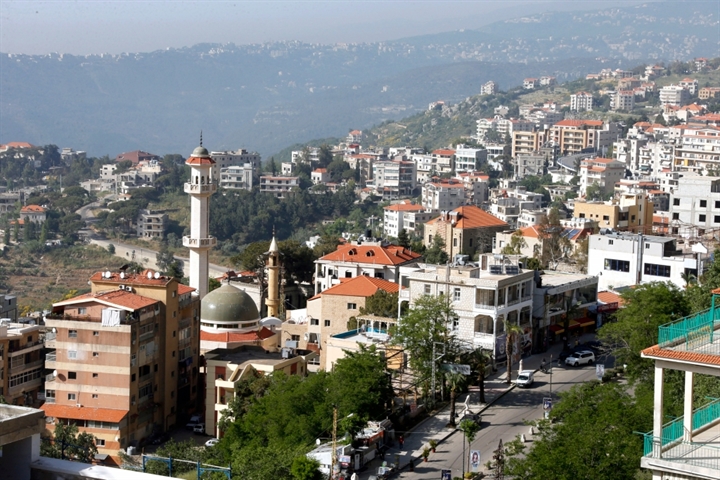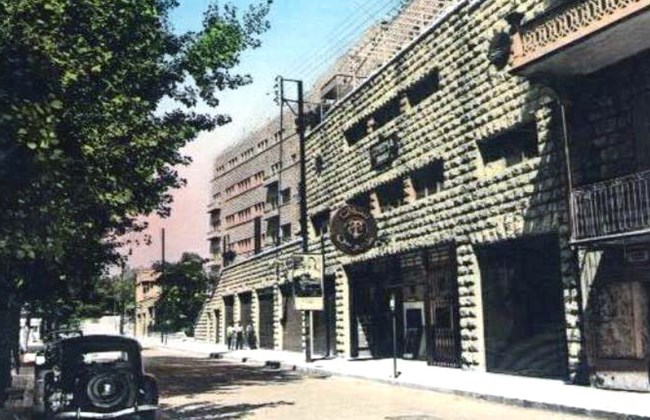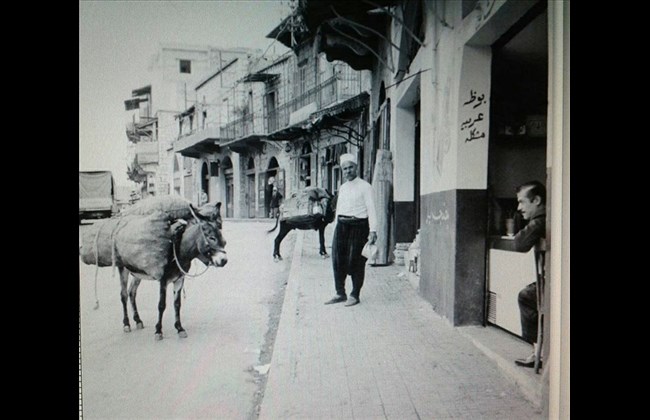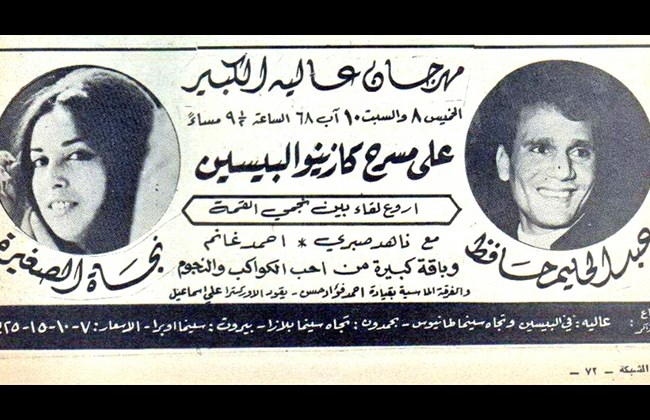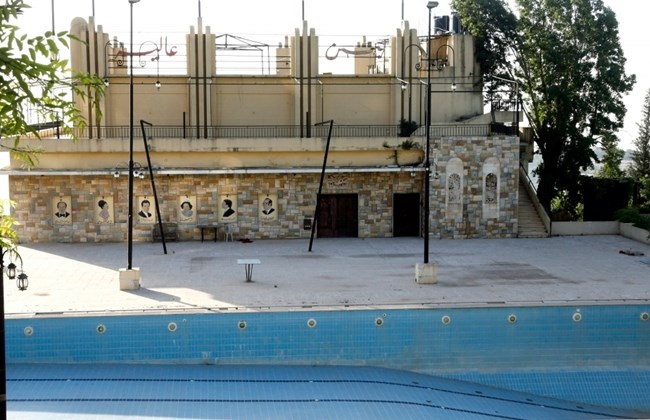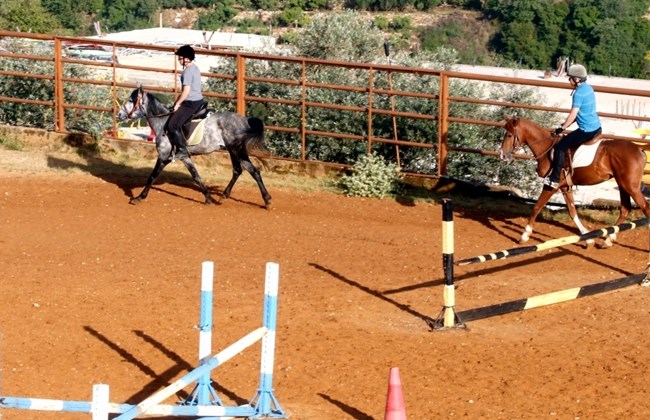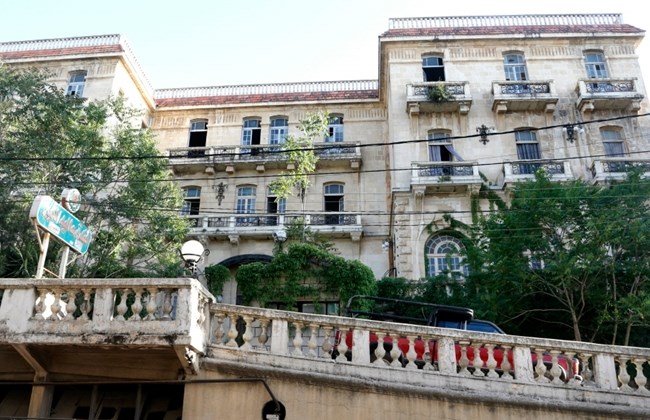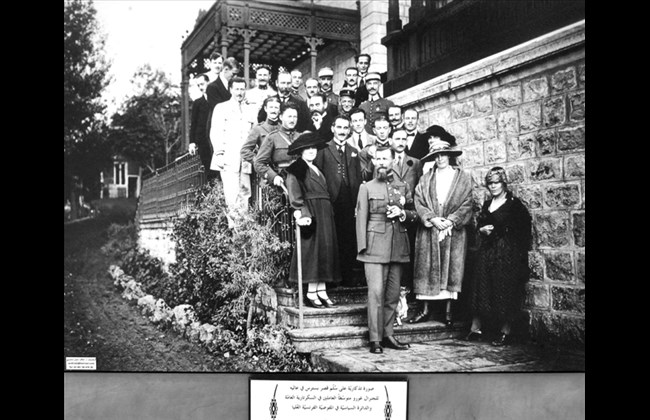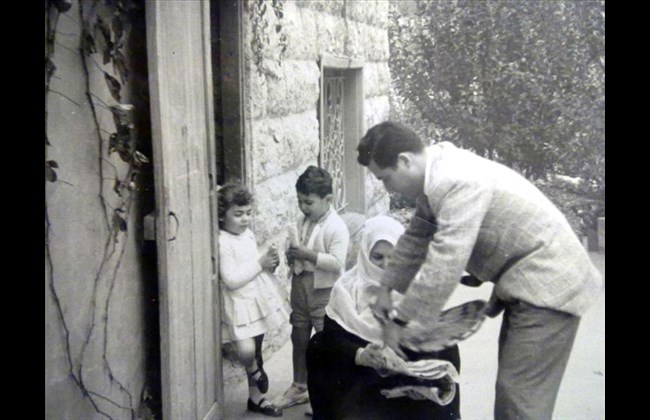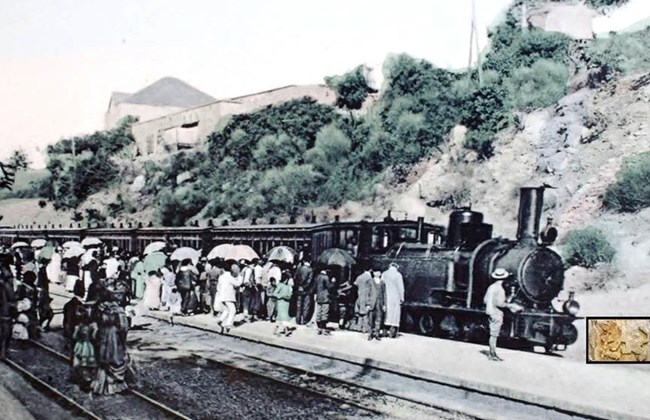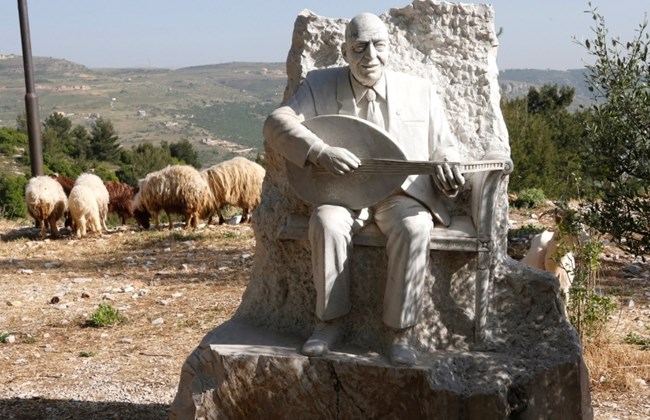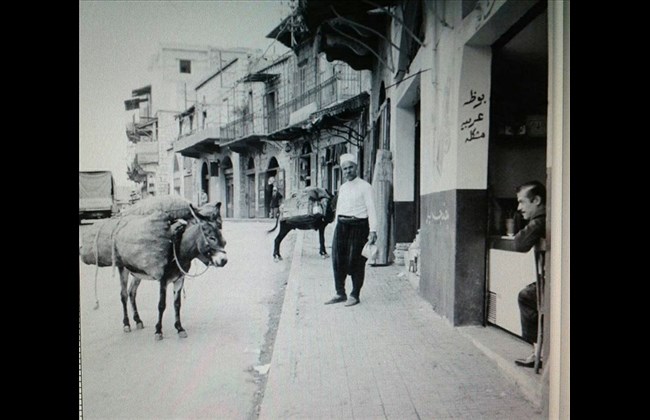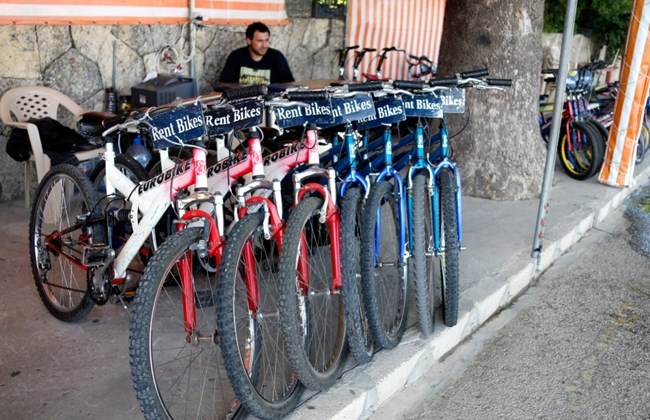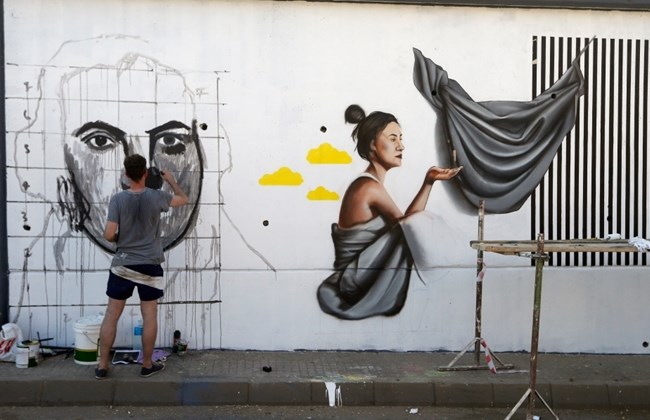ALEY, Lebanon: The Mount Lebanon city of Aley boasts a legacy shaped over the decades that has made the picturesque area one of Lebanon’s most appealing spots for tourists.
Despite the turbulent security situation in the country and region, Aley is still a destination city for tourism in the country. Recently, The Daily Star strolled Aley’s many enchanting streets to investigate how the city has managed to maintain its appeal.
The city of Aley is in the heart of the Aley qada. Its altitude varies between 750-900 meters above sea level. The city is centrally located and close to other touristic hubs, including Beirut, Zahle, Bhamdoun and Choueifat, to name a few. The vital Beirut-Damascus Road also strategically cuts through the area making travel from the capital relatively easy.
The jewel in Aley’s crown is no doubt its breathtaking views.
Near Ras al-Jabal’s Tallet al-Talat Tmanat, visitors can enjoy a spectacular view overlooking Beirut. One can end the day with a sunset view of the sea, the airport and areas toward the north. Another incredible angle is in Balakeen Aley, (balconies in Arabic), where one can also catch a glimpse of Aley’s main souk.
Weather
Despite its proximity to coastal areas, Aley’s weather is special. Those looking to escape the hot summer weather of the coastal areas can head to this mountainous city for its cool breezes. You might even be greeted with a dense fog.
History
Aley didn’t gain the nickname “Aarousat al-Masayef” (which means “Summer’s Bride”) for nothing, Mayor Wajdi Murad told The Daily Star. In addition to location, the prominent personalities living there also contributed to its high profile.
Lebanese presidents, such as Bechara al-Khoury and Charles Helou, prime ministers Taqi al-Din al-Solh and Riad al-Solh had made Aley their summer residence. Arab leaders such the king of Bahrain, Kuwait’s emir, the Qatari emir and Saudi Arabia’s royal family have chosen to build their homes in Aley as well.
Their choice was bolstered by the plethora of rich Lebanese families already living there, Murad said.
“The most important people in Lebanon lived here,” he said. “The residents of Aley love visitors and tourists ... and this made them [tourists and visitors] love the city more and more.”
During the period preceding the 1975 Civil War, Aley was booming.
At the time important social venues and the best bars were located in Aley. Hotels such as the Tanious, Jbeili and Bahar and Casino Piscine Aley were among the preferred spots to socialize. Before Casino du Liban was opened, Murad explained, tourists would come and stay in Aley to gamble.
“There was joy emanating from the elite and middle class, “ the mayor explained with a tinge of nostalgia.
Lebanese and Arab artists also performed in Aley. Umm Kulthoum, Asmahan, Wadih al-Safi, Farid al-Atrash and Fairouz were among those who graced Casino Piscine Aley with their performances, according to a book by Mansour Jaber. The late Sabah sang for the very first time in Tanious Hotel, the author said.
Mohammad Abdul Wahab also shot some scenes for a movie in the Jbeili Hotel.
During the Mutasarifate era, which lasted from 1861-1918, numerous mutasarrifs looked to Aley as a summer residence. The infamous Jamal Basha also settled in Aley and established it as the center to govern the Turkish Fourth Army from 1914-1918, according to Jaber. A military court was also established in Aley and it’s rumored that it was from there that Jamal Basha took the decision to execute Lebanese journalists and nationalists.
French General Henri Gouraud also spent time in Aley, Jaber said.
When the railway still worked in Lebanon during the 1890s, Aley was a major stop.
Aley, in recent years
During the Civil War, the city took a big hit and many of its historical sites and landmarks were destroyed, Murad explained. Similar to other areas in the country, it took much time for Aley to be reconstructed and its economy revived.
During the early 2000s, following efforts to encourage investors to return to the city, Aley’s Municipality along with its residents were able to restore the area’s nickname, “summer’s bride.” It became a resort town for many, with night-long festivities, programs and activities.
“We progressed, 2002, 2003 and 2004 until Hariri was killed,” Murad said in reference to late former Prime Minister Rafik Hariri who was assassinated in 2005. “When Hariri was killed it wasn’t a simple thing. Lebanon was affected and hurt,” he added. The series of security incidents that the country faced in the following years also affected its summer tourism.
Yet, despite the difficulties in the country, Murad remains hopeful. Aley is currently an important financial center for Mount Lebanon and is also an important area for the banking sector.
There are numerous investment projects in progress in Aley, including a huge hotel to replace the now demolished Tanious Hotel, carrying the latter’s legacy. This project will revitalize the city and is expected to include various luxury and entertainment facilities, the mayor hopes.
“We will not go back to how we were before,” Murad said. “There’s a shift taking place for the better.”
Aley’s souk, in the city center, combines its legacy with modernization. Including libraries, multiple oriental sweet shops, florists, retail shops to restaurants and coffee shops, everything can be found in the souk. Whether for a night out with drinks at Silo (76-080-766), a party and dinner with joyful music at Al-Koukh (05-556-778) or good Lebanese food at Al-Qaser (05-555-571) and Papaya (05-553-805), visitors have many options to enjoy an outing in Aley.
Tourists also have many options for accommodation from furnished apartments such as Aley Suites (05-557-733) to hotels such as Regent Palace Hariz Hotel (05-553-210).
Ras al-Jabal
One thing that makes Aley distinct is that although it’s a city, it is surrounded by greenery. The Ras al-Jabal area, for instance, is dominated by trees and verdant scenery. Visitors can enjoy the fresh air, calm and serenity. Although it can get a bit crowded on weekends, this part of Aley is best enjoyed with a stroll, and maybe some ice cream.
The Ras al-Jabal area can also be toured by bike. Don’t worry if you don’t have one, there’s a rental place with prices ranging between LL3,000 and LL5,000 per hour.
In a different corner of Ras al-Jabal, visitors can have a taste of the cultural and artistic tradition that has molded Aley to what it is today. They can enjoy watching sculptures created by international artists as part of the International Symposium for Sculpture.
Aley equestrian Club
Visitors can enjoy a series of activities at Aley Equi Club located in Ras al-Jabal area. Whether going in groups or taking the family, one can enjoy activities such as horseback riding, paintball, tyrolienne, escalade, skywalk, archery, rappel and ATV. The club also provides ATV trips to Barouk Cedars.
After the activities, one can take a break and have lunch or dinner at the restaurant there.
Another option is to camp at the club. Spend a great weekend with some fresh air and good times along with a great view. Bungalows are also being constructed for families to rent. Those interested can call 03-818-112.


